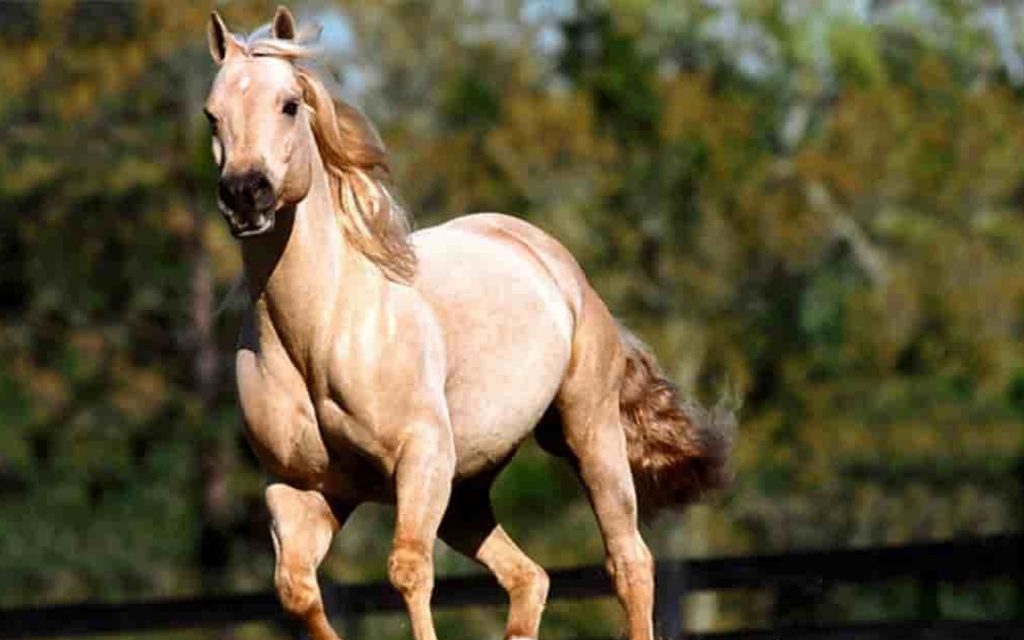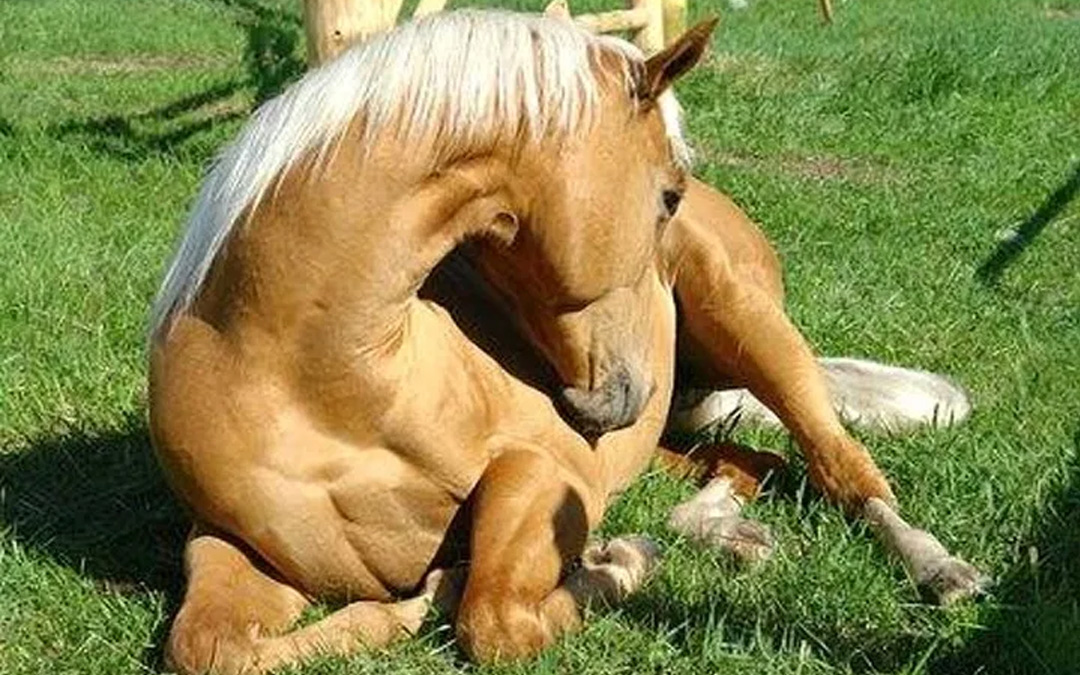Colic is intense pain that horses suffer in their abdomen, therefore more than a disease it is a symptom of a hidden problem, which is why we present some recommendations to prevent this dangerous discomfort in your horses.
The causes of this problem can be very diverse and both the prognosis and the treatment will depend on them.
Colic is always a medical emergency; Therefore, the veterinarian should be called urgently.
Many cramps can be fatal and delaying treatment worsens the prognosis by the minute.
How to prevent colic in horses?
We will give you 10 tips to prevent this discomfort in your horse.
- Have an adequate deworming scheme.
- Do an annual review of the condition of your mouth and teeth.
- Administer medication only with veterinary supervision.
- Maintain adequate physical activity of the specimen.
It is essential to distance moments of intense work; of feeding hours with concentrated food.
After hard work there should be a cooling period for the horse; until breathing and temperature normalize before giving him his ration
5. Make dietary changes gradually.
Replace old forage with new one; make the complete change to a new concentrated food in about seven to ten days gradually.

If you have stabled your horse during the winter and when spring arrives you decide to take it to the pasture or field; You must introduce it gradually.
6. Be careful with beds of rice shells or wood scraps. 7. Establish a balance between forages and concentrates.
Divide the daily ration of concentrates into two or three times a day. Choose a food according to your activity or physiological state.
8. The supply of products that help intestinal transit is recommended, such as vegetable oil or oats. 9. Provide sufficient daily exercise
Exercise promotes intestinal motility. If your horse lives in a stall, exercise him every day.
10. Provide clean, fresh water freely available all day
The horse needs large amounts of water daily, which he must drink whenever he wants. It is not acceptable to give water twice a day.
Veterinarian Eduardo Prado Carroz
University of Zulia, Faculty of Veterinary Sciences (FCV)
Member of the College of Veterinary Doctors of the state of Zulia, no. 2483
For those who may be interested, you can contact us through social networks, on Instagram as @espacio_equino


Recent Comments